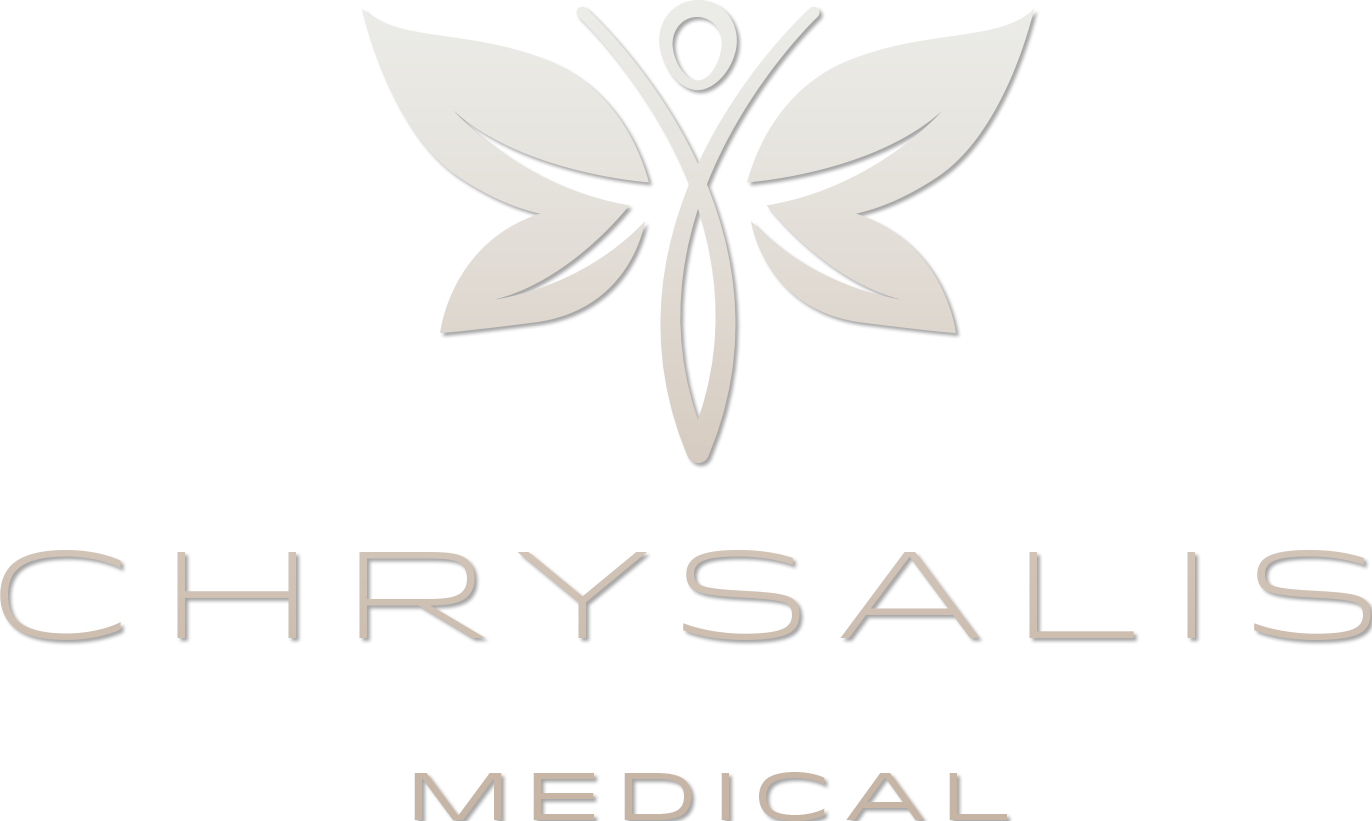Peptide Therapy
Peptides are molecular signals made of amino acids that the body naturally makes to communicate important messages to every cell in the body. Unfortunately, the body’s peptide levels decrease with age, often as early as your late 30’s and certainly by your early 40’s, and diminish further with advancing age. It is no coincidence that these declines in your peptide levels parallel our experience of slower healing, increased fatigue, less-restful sleep, slower recovery, inferior performance, and a general decline in vitality and well-being.
There are 100’s of peptides, many of which have been studied for over 40 years. However, their use in clinical medicine has only become more common over the last 3-5 years, mostly due to their growing availability from specialized pharmacies throughout the country. Specific peptides confer specific downstream effects and can be thought of as molecular switches with potent downstream effects that can alter the way your body works. This type of medicine has been termed “bio-hacking” for its uncanny ability to specifically treat underlying disease processes in the same way a surgeon might cut out a diseased organ.
Some of the different classes of peptides are listed below:
Growth hormone support for slower aging and increased muscle mass
Weight loss and insulin sensitization
Enhanced cognitive function
Immune stimulation
Reduction of inflammation
Mitochondrial support and improved energy production
Sexual health stimulation and tanning
Improved cartilage and tissue repair in orthopedic injuries
Progenitor cell recruitment

